Triangle Farms
Hertzogville, Free State
The ambition
Located in Hertzogville in the Free State, Triangle Farms is a cattle breeding operation specialising in Brangus and Stoet livestock. In response to the ongoing issue of load shedding in the country and a commitment to reducing their carbon footprint, Triangle Farms made a strategic decision to explore renewable energy.
Their move towards solar energy is a practical step to ensure uninterrupted agricultural operations, especially considering the sporadic power supply in the country. Cattle breeders in South Africa rely heavily on electricity for critical agricultural tasks, including powering water pumps for a consistent supply of clean drinking water, operating electric fencing and security systems, facilitating cooling and ventilation systems during hot weather, processing grains for feed, providing essential lighting in barns and work areas and operating vital equipment and tools for farm maintenance. Electricity is fundamental to maintaining the health and well-being of the cattle and ensuring a farm's efficient operation.
By embracing green energy generation and energy storage, Triangle Farms aims to reduce its dependence on conventional power sources and minimise its environmental impact. This decision reflects a practical and responsible approach, particularly as South Africa continues to face energy challenges and growing environmental concerns.
The solution
After carefully analysing the business's energy consumption and the environment, we installed a ground-mounted solar PV solution over 256 square meters with North-facing panels, maximising renewable energy yield. This efficient design utilises the minimally shaded North-facing land, resulting in only a 0.5% yield reduction due to shading.
Two separate batteries store excess electricity generated from the solar PV system to ensure constant power supply and manage redundancy. Energy storage acts as a buffer to balance energy supply and demand, regardless of external factors such as weather conditions and load shedding. The separation of solar and energy storage inverters is a means of redundancy management to ensure business continuation.
The solar power grid-connected system seamlessly integrates with the existing electrical grid infrastructure, guaranteeing a continuous supply of electricity for the farm. One primary benefit of the solar PV system is its contribution to lowering electricity bills by offsetting traditional grid usage.

55kWp Total installed capacity
120kWh energy storage using two 60kWh batteries
100 solar panels installed
Generator integration
“Drawing on our in-depth knowledge and expertise in renewable energy needs for the agricultural sector, we took a comprehensive approach to Triangle Farms' solar PV installation and grid-connected requirements, which included an energy storage solution. This approach guarantees uninterrupted farm operations while reducing their environmental footprint. Solar energy holds the power to transform the energy landscape in our country and address the specific needs of the farming community.”
Claude Peters, Managing Director, RenEnergy Africa

Modular approach
- Solar can be increased in line with future growth
The benefits
Optimal orientation maximises yield, resulting in an estimated annual clean energy production of 1,892kWh per kWp
No reliance on structural integrity of a building
Easier maintenance due to accessibility
Operations continue without disruption and reduced reliance on the grid
CO2
Annual saving
of 100 950 kg/year
– roughly equivalent to the
carbon footprint of 16 passenger
cars driven for an entire year
Triangle Farms
Hertzogville, Free State
Note that all estimated performance figures are calculated using industry-standard systems and norms, assume ideal operating conditions, and were estimated as at the time of the installation. CO2 equivalent analogies source




